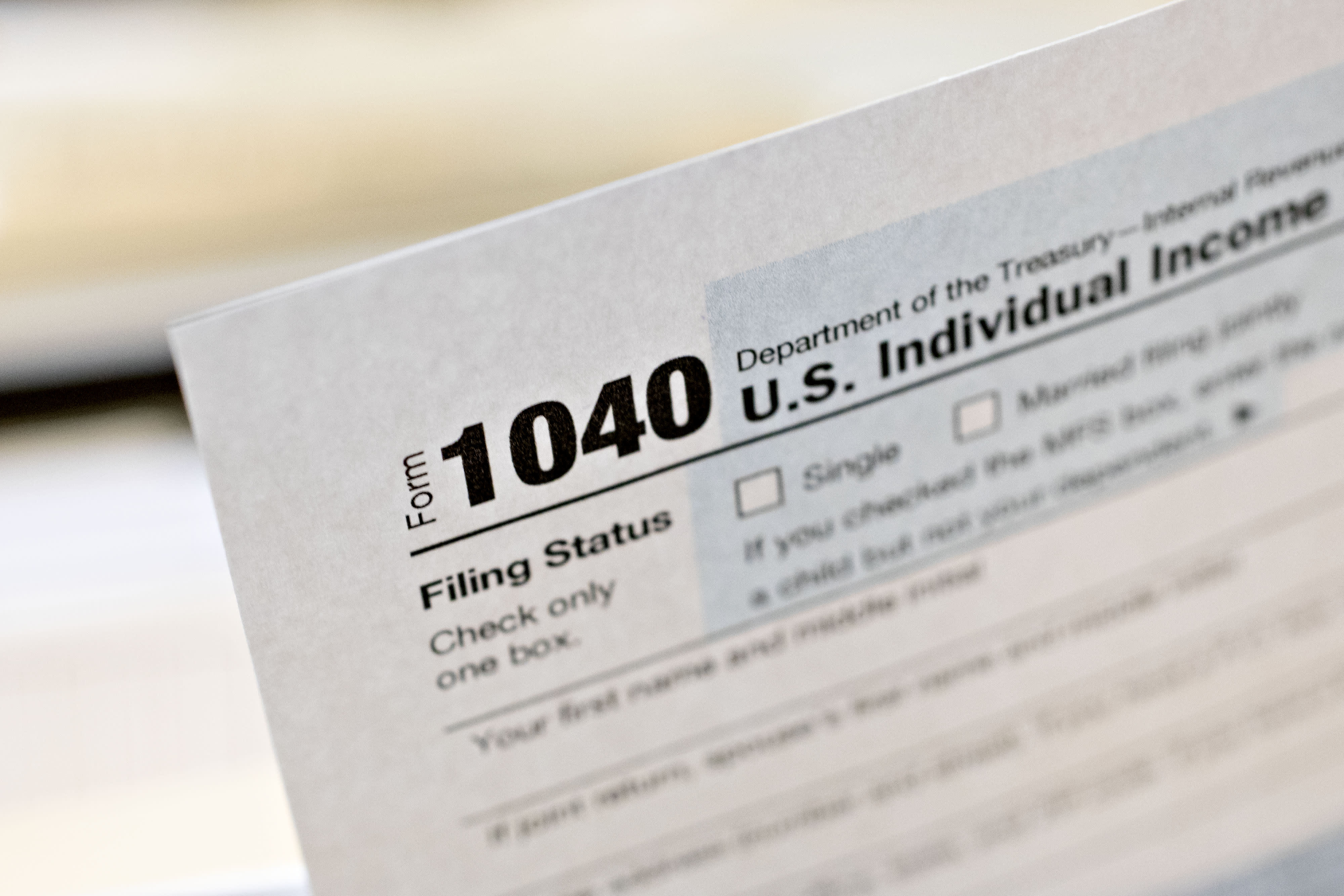
Congress may soon offer a tax break to unemployed Americans. States may not be so generous.
The Senate passed a $ 1.9 trillion Covid relief bill on Saturday that waives tax on up to $ 10,200 of unemployment benefits per person received in 2020.
President Joe Biden is expected to sign the legislation this week after it’s passed by the Democrat-led House of Representatives.
But the tax policy, which applies to households that made less than $ 150,000, is only a break on workers’ federal income taxes.
More from Personal Finance:
American Rescue Plan creates a tax headache for the jobless
Here’s how a $ 300 and $ 400 unemployment boost compare
Smallest businesses can still apply for a PPP loan
More than half of states levy an income tax on unemployment benefits. If Congress waives federal income tax, states must decide if they will also offer the break.
Some may still opt to tax unemployment benefits, experts said.
As an example: Let’s say a worker got $ 10,000 of benefits last year. That person would still pay a $ 500 tax bill in states with a 5% income tax (if we assume a flat tax rate).
“It’s complex,” said Jared Walczak, vice president of state projects at the Tax Foundation. “Even many state officials are probably uncertain over what happens next.”
State taxes
The federal policy is aimed at preventing a surprise tax bill for the unemployed.
About 40 million people received jobless benefits last year, and the average person got $ 14,000 in aid, according to a report from The Century Foundation.
However, less than half of recipients had tax withheld, the report said. In some cases, states didn’t offer the option.
But the relief bill now changes the rules in the middle of tax season, which began Feb. 12 and ends April 15.
That’s created confusion for taxpayers, accountants and policymakers.
Thirty-five states and the District of Columbia typically tax unemployment benefits as income, according to Walczak.
Three states — Maryland, Arkansas and Delaware — usually do, but waived tax on benefits received in 2020.
The remaining states don’t tax unemployment benefits — because they don’t have an income tax or they exempt unemployment compensation.
State lawmakers must decide how to proceed, and their decision is time-sensitive. Many laid-off workers may be waiting to file their taxes until there’s more clarity.
There is a policy precedent for waiving tax on unemployment income. In 2009, during the Great Recession, Congress exempted the first $ 2,400 of unemployment benefits from tax, and many states followed, Walczak said.
However, that rule change didn’t occur during tax season, he said.
‘Not easy’
Many state legislatures may find it difficult to adopt the change since they’ve already incorporated the tax revenues into budget estimates for the current fiscal year, said Verenda Smith, deputy director at the Federation of Tax Administrators, which works with state tax officials.
States may have to pull money from other budget areas like education to compensate, she said.
“It’s not easy to go along with this,” Smith said. “It’s a tough, tough budget decision for them to make.”
However, it wouldn’t be surprising if many states ultimately do adopt the federal tax policy, given the level of financial pain among Americans, she added.
More than 18 million people are still collecting unemployment benefits, according to Labor Department data.
“On something like this, it tugs at people’s heart strings,” Smith said. “It’d be very hard for an elected official to vote against something like this.
“That’s just political reality,” she added.
Extensions and amended tax returns
It’s likely that taxpayers who collected unemployment benefits last year and already filed their tax returns will have to file an amended return in the future.
But they should wait to do so until the American Rescue Plan becomes law and there’s more clarity from the IRS, Treasury Department and respective states, experts said.
The IRS allows up to three years after the original filing date to send in an amended return and claim a refund.
Workers who haven’t yet filed a return should consider applying for an extension of time to file, according to experts.
Doing so doesn’t exempt them from paying tax by the April 15 tax deadline. They must estimate and pay any owed tax to avoid penalties.
But it allows extra time to see what state and federal lawmakers decide to do.
If the unemployment tax waiver becomes law, those who file for an extension can omit jobless benefits (up to $ 10,200) from their income when estimating their 2020 federal tax liability, according to Walczak.
But in states that assess tax on unemployment income and haven’t yet offered guidance on new federal rules, workers shouldn’t deduct the benefits when estimating state tax, if they want to be conservative, he added.





